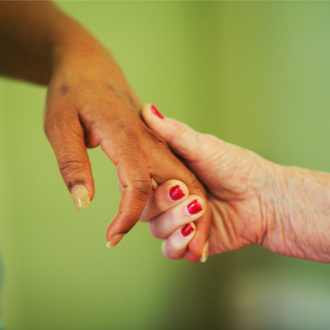A new NICE quality standard recommends that GPs should discuss religious and spiritual concerns with patients in the last few days of life.
The quality standard covers the clinical care of adults in the last two or three days of life.
As part of developing an individualised care plan, NICE recommends that doctors and nurses discuss any cultural, social or religious preferences with patients.
The quality standard also recommends that GPs should prescribe anticipatory medicines that the patient might need to control their symptoms (for example if they might have difficulty swallowing provide injections rather than tablets), appropriate to their individual needs.
It also states that hydration needs should be assessed daily and doctors and nurses should discuss the risks and benefits of hydration options with the person who is dying. The guidance also states that those who have symptoms suggesting they are in the last few days of life should be further monitored for changes in symptoms to see if they are stabilising, recovering or getting worse.
Professor Sam Ahmedzai, emeritus professor of palliative medicine and specialist member of the NICE quality standard committee said: ‘Control of pain and other distressing symptoms is very important for dying people, but good end of life care goes far beyond that.
‘It includes asking about the dying person’s spiritual, cultural, religious and social preferences. Only by attending to these issues and concerns can we deliver truly individualised care for each person and those important to them.’
















